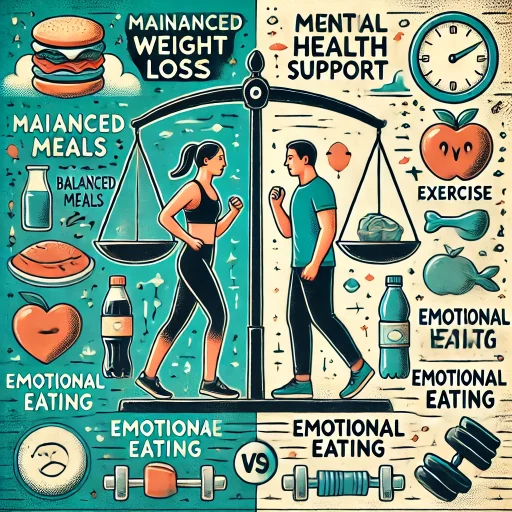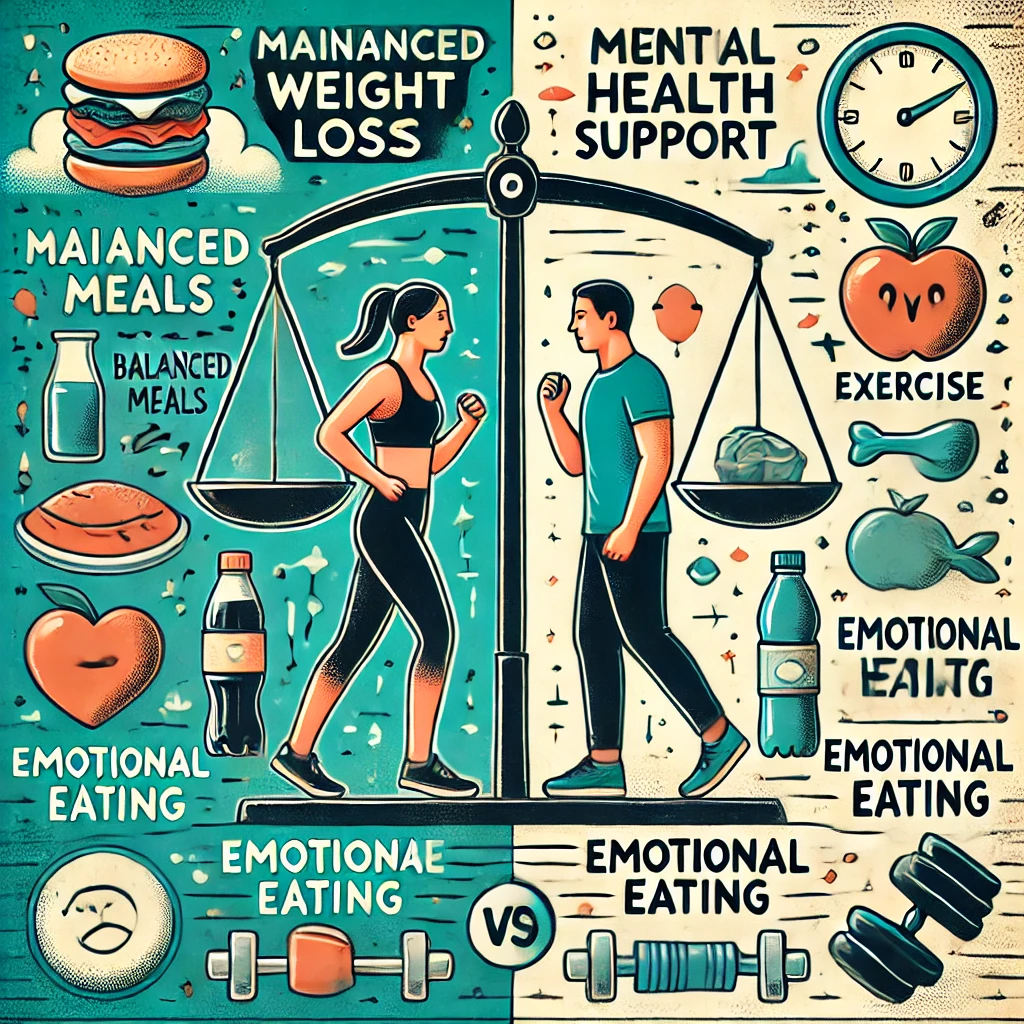Weight Regain After Weight-Loss Surgery
Bariatric surgery, often referred to as weight-loss surgery, can be life-changing for individuals battling severe obesity. However, for some, the weight gradually returns after the initial loss. A recent study explored why this happens, focusing on daily habits, mental well-being, and lifestyle factors.
Unhealthy Eating Patterns Resurface
One of the primary reasons for weight regain is reverting to old eating habits. Consuming calorie-dense foods, sweets, and sugary drinks while neglecting protein-rich choices has been linked to post-surgery weight gain. These dietary choices can undo the progress made during the initial weight-loss phase.
Mental Health and Weight Regain
The study highlighted emotional health as a critical factor. Many individuals reported feelings of depression and anxiety. Emotional eating and binge-eating behaviors were also prevalent among those who experienced weight regain. Addressing these psychological challenges is essential for long-term success.
Activity Levels and Daily Routines
A sedentary lifestyle, including excessive sitting, smoking, and lack of physical activity, significantly contributed to weight regain. Incorporating consistent exercise and avoiding harmful habits are vital to maintaining post-surgery results.
Beyond the Surgery
This research underscores that bariatric surgery isn’t a standalone solution. Long-term success requires ongoing commitment to a balanced diet, mental health support, and an active lifestyle. Recognizing and addressing these factors can empower individuals to sustain their weight-loss journey.
A Holistic Approach is Key
Healthcare providers and patients must adopt a comprehensive plan for post-surgery care. Regular medical check-ins, access to mental health resources, and personalized strategies can help individuals maintain their weight loss and overall well-being.
Source: MDPI – Understanding Weight Regain After Bariatric Surgery.





